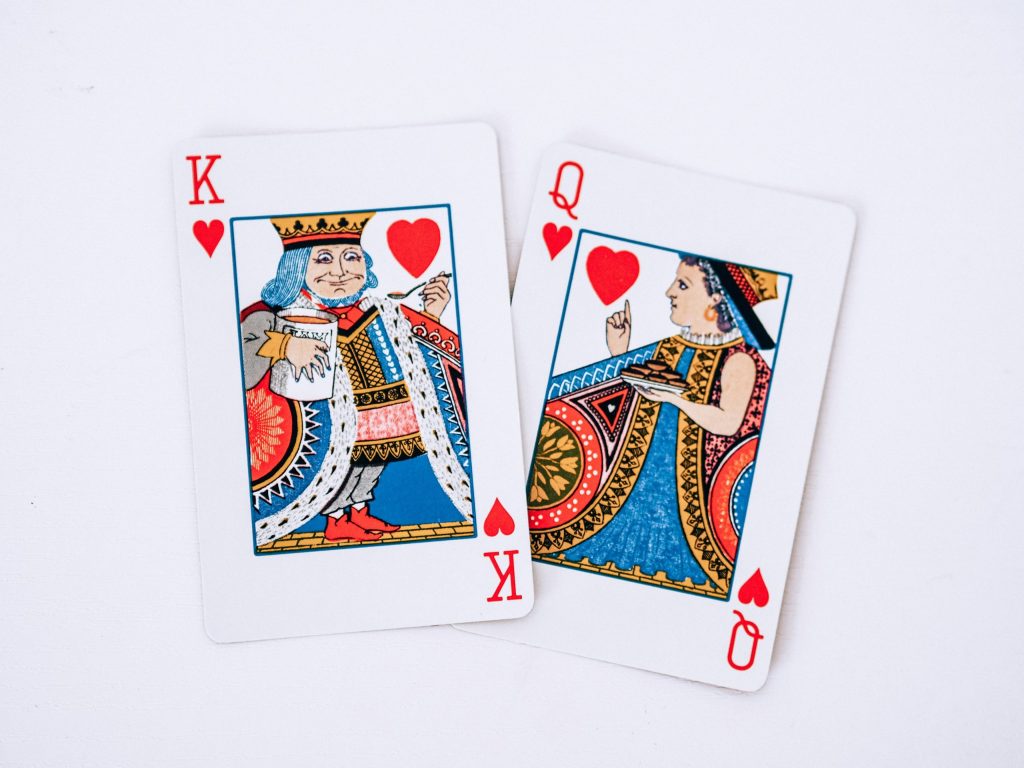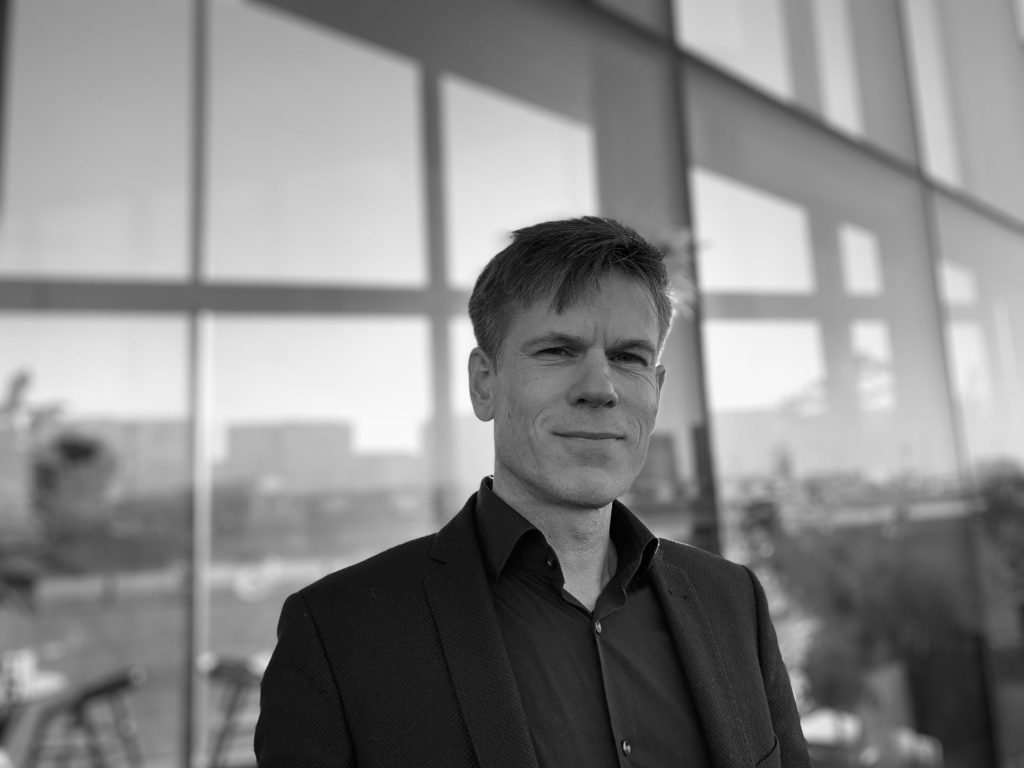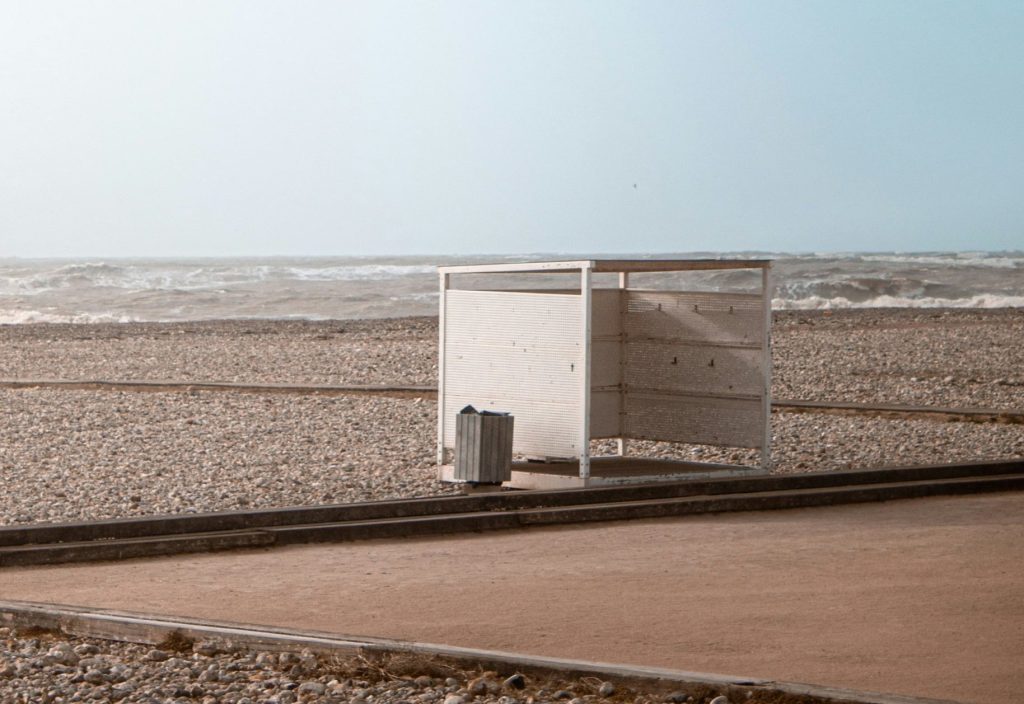Jordy Vonk is one of the Netherlands’ most successful windsurfers, and therefore also one of the most successful entrepreneurial Dutch windsurfers. After all, being able to make a living out of your passion isn’t possible without creating the conditions to do so yourself. And that requires hard work, there really is a lot more to it than just hanging around at the beach all day.
Jordy, tell me: you’re a professional windsurfer. How did you get started?
‘My father had already been windsurfing for 40 years and I often came along. When I was 12 I said to him: Now I want to try it too. And I instantly fell in love with it.’
But how did you manage to make it your profession? And what are things that go on behind the scenes?
‘I always feel like I kind of stumbled into it, because it all started as a childhood dream. I took part in a lot of competitions and kept getting better. But in the beginning, I also still worked a lot on the side. Then at some point, some small sponsors approached me and gave me materials and I became better and better. Until the tables turned and there were brands that really wanted me. This allowed me to focus more and more on windsurfing, until I could really make a living out of it. I’ve been with my current sponsors, Fanatic and Duotone, for 6 or 7 years now. As a team rider I’m associated with these brands and responsible for the development of their products. They come up with new materials every year: sometimes it’s just different colours, but sometimes it’s also technical improvements or implementations. It’s my task to try out these new prototypes.’
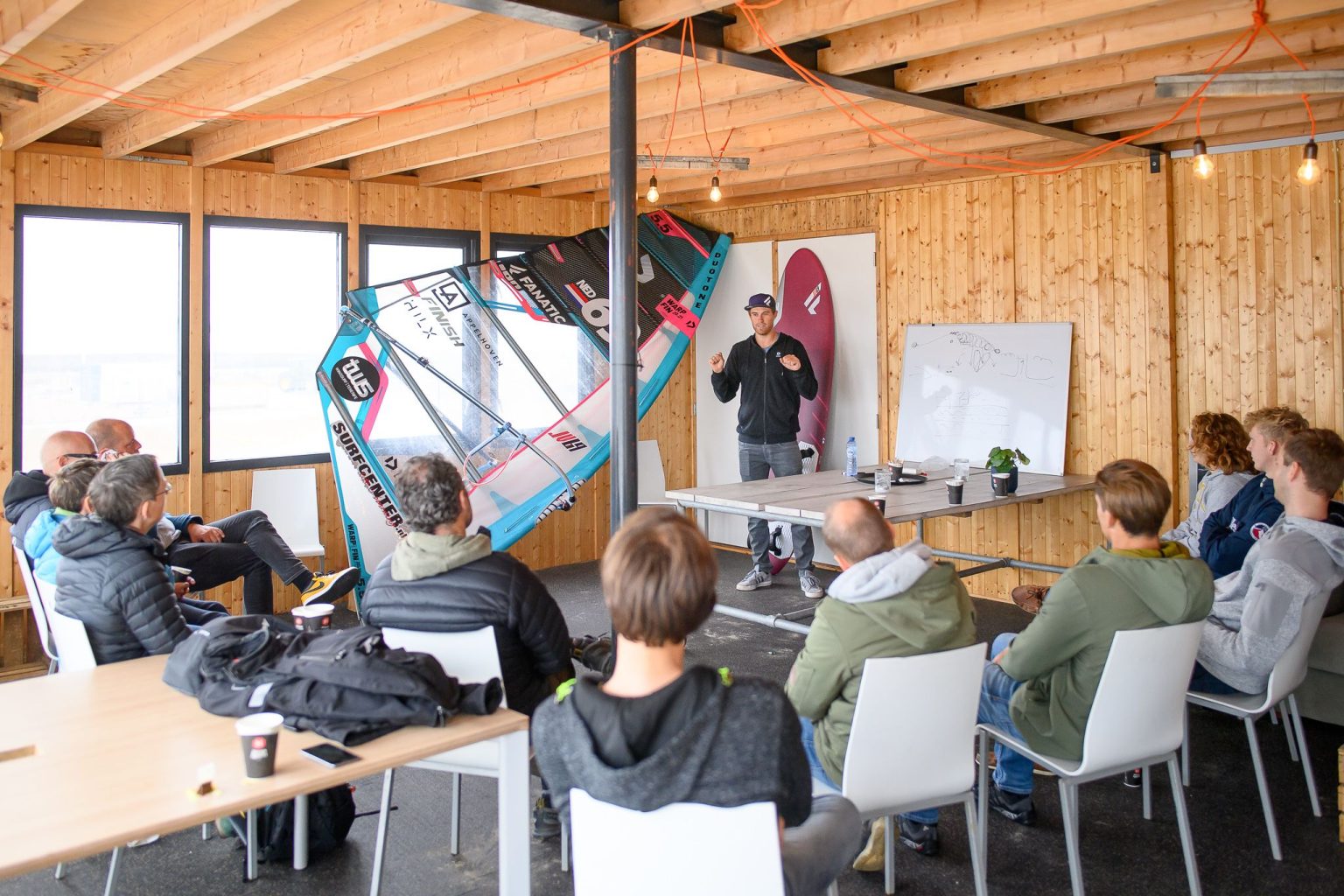
You studied Commercial Economics, does that help you in your professional life? And can you explain what entrepreneurship consists of if you’re a professional windsurfer?
‘I’ve studied at the Johan Cruyff Academy because my parents always told me: “Listen, you’re allowed to do whatever you like, as long as you complete a study.”. Of course, half way through I was like: Fuck, I just want to surf! But I’m really glad I got my degree.’
‘My degree comes in handy at the moment. At the start of your career just surfing well is sufficient, but if you want to make a living out of this you have to ensure that you can maintain a certain market value. For me that means, among other things, creating content such as making instructional videos and a monthly magazine that’s distributed to brands. But also hosting clinics and organizing other activities, such as a windsurfing trip to Tenerife. And for that I need to arrange plane tickets and an accommodation and so on. You’re actually kind of your own small business. So I’m glad I learned a lot about management and marketing at the Academy.’
What are the biggest challenges of being a professional athlete?
‘For me, the biggest challenge is that I don’t have a permanent coach who tells me what to do. Which is normal in the world of windsurfing: it really is all up to you. This means that the pressure you put on yourself can be tough sometimes; you’re constantly working on meeting your own expectations. And that’s quite individualistic, because you need to create an ideal situation for yourself to be able to train properly. Fortunately, we’ll be in Tenerife with a bigger team in January, February and March which provides the best training circumstances at that time. The rest of the year I’m looking for smaller, specific training camps with optimal conditions for that given moment.’
‘You can do really well living like this and earning money for the first two years. But I’ve also seen guys who didn’t have the stamina to continue things. You really have to keep motivating yourself over and over again.’
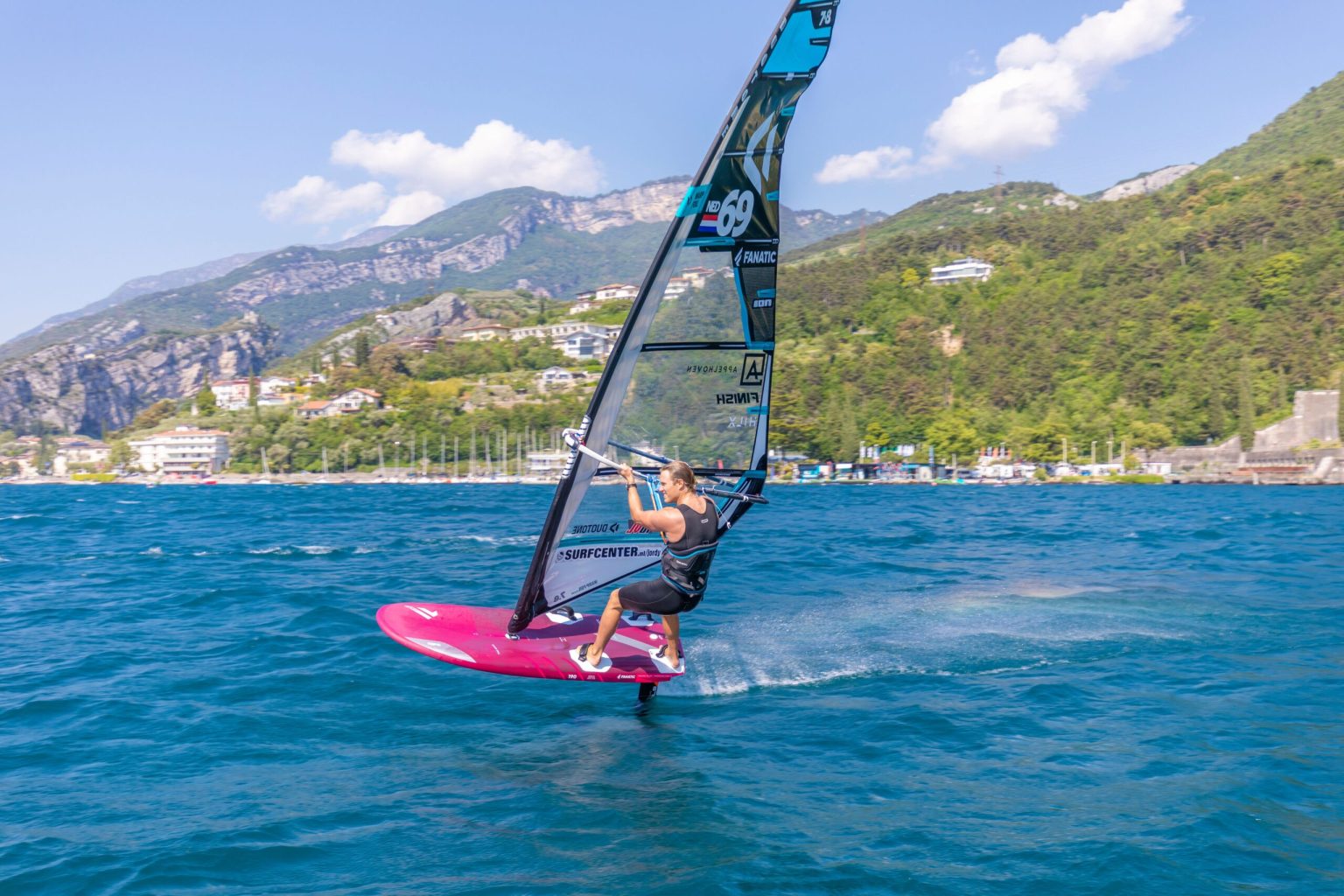
You’re currently 10th in the PWA (Professional Windsurfers Association) ranking. What other goals do you have, besides becoming 1st of course?
‘Besides the world championships, windsurfing is a relatively small and also very underexposed sport. My goal is to give windsurfing more prestige in the Netherlands and to help bring the sport to a higher level. I’d really like to organize a world cup race in the Netherlands. What’s interesting is that 30 years ago, the world cup race in Scheveningen was the largest in the world, with around 300.000 spectators on the beach. In the 1980s, windsurfing was one of the biggest sports in the Netherlands because it was one of the few extreme sports at the time. Snowboarding and kite surfing did not exist yet, so surfing events were very popular back then. I think it would be great fun to bring that back and turn it into a real festival.’
What’s your personal definition of success?
‘If I’m being very honest, success for me is the life I live now. To be able to surf professionally really is a childhood dream for many people, and I’ve been able to do exactly that for 5 years now. So for me that really is a success in itself. I often have to remind myself to take some time to enjoy it all. I can put quite a bit of pressure to perform upon myself, so I sometimes just sit on the beach for a while to fully realize where I am now.’
Header Image: ©alexferrioffical / DPC torbole
